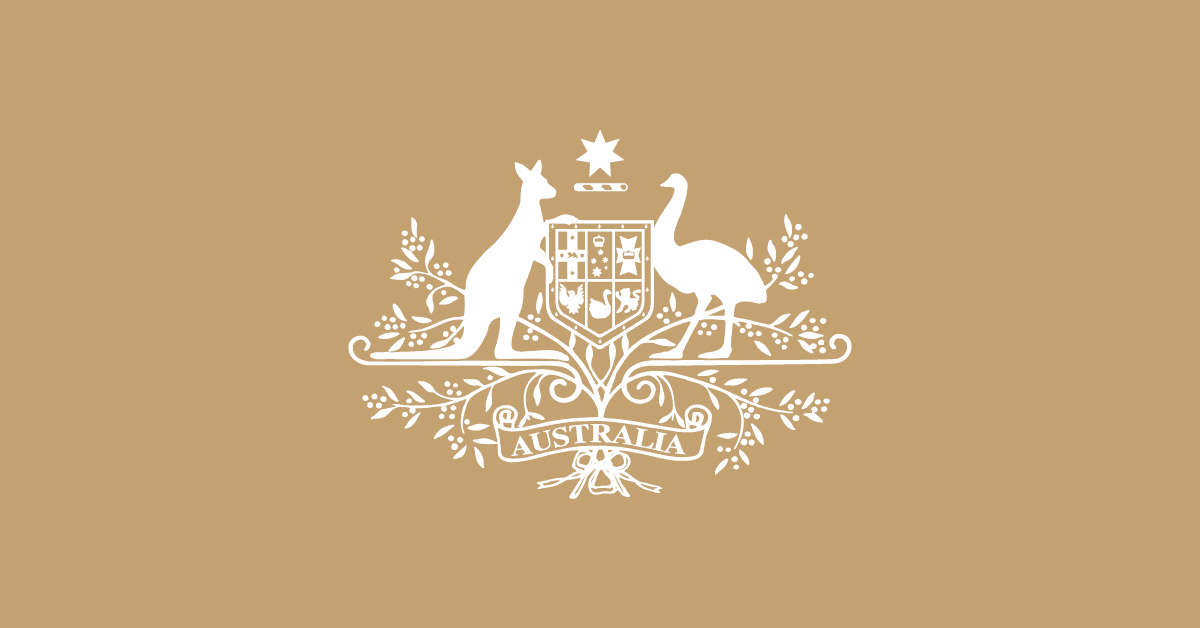World Down Syndrome Day Breakfast
I acknowledge the Ngunnawal people on whose lands we meet and pay respects to all First Nations people present today.
Happy World Down Syndrome Day 2024!
I am honoured to be asked to address you on this important occasion to raise awareness and celebrate the rights and inclusion of people with Down Syndrome around the world. I acknowledge my parliamentary colleagues who are here today, including Amanda Rishworth, Libby Coker and Ged Kearney. I also acknowledge the role that Down Syndrome Australia plays in supporting and advocating for people with Down Syndrome across the country.
The theme of this year’s celebration is ‘End The Stereotypes’. It encapsulates the desire of people with Down Syndrome to be celebrated for their individual talents and personalities. This is a message shared across this Parliament and echoed around the world today. It is exemplified by Mar Galcerán, who recently made history as Spain’s first parliamentarian with Down Syndrome. She said, “I want people to see me as a person, not just for my disability” (Kassam, 2024).
Around the world and Australia, people with Down Syndrome are contributing their unique talents to their workplaces, and communities in diverse ways. I see this clearly here in Canberra, where Charlotte Bailey was awarded a Commendation for the Young Canberra Citizen of the Year Award and was the winner of the ACT Chief Minister’s Inclusion Award – Emerging Young Leader (Down Syndrome Australia, 2024) and was also nominated for 2024 ACT Young Australian of the Year for her contributions.
As ACT’s Down Syndrome Australia employment ambassador, Charlotte shares her experience as a young person with a disability with potential employers, and works part-time at Eastlake Football Club in hospitality, and as an office assistant with the ACT Down Syndrome Association.
Local businesses are also focused on ensuring that people with Down Syndrome have opportunities for meaningful work and participation. Nip Wijewickrema set up the social enterprise GG’s Flowers and Gifts to support her sister Gayana, who was born with Down Syndrome. GG’s now employs around 45 people with disabilities, from packing orders to delivering flowers and gift hampers across Canberra (Coggan, 2021).
The work of people like Charlotte, Gayana and Nip – and the work of so many of you in the room today – demonstrates how a diverse and inclusive labour market has broad social and economic benefits for people with Down Syndrome, as well as for the broader community. We must break down stereotypes to create even more opportunities for this participation.
Down Syndrome isn’t new, and it isn’t all that rare. British doctor John Langdon Down first described it in 1866, more than a century and a half ago and today it occurs in about 1 in 1,000 babies. People with Down Syndrome are on our screens and our sporting fields, in our communities, and in our workplaces.
Our government has a broad agenda to support the inclusion of people with disability, with key work on the National Disability Insurance Scheme and the National Disability Strategy being led by Minister for the National Disability Insurance Scheme Bill Shorten, working with Minister for Social Services Amanda Rishworth. You have heard from Amanda already, and will hear from Libby Coker representing Bill shortly.
Last year our government also published the Employment White Paper which articulated Labor’s ambition for a dynamic and inclusive labour market, in which all people can thrive.
The Employment White Paper sets out our government’s roadmap to overcoming barriers to employment and broadening opportunities. It recognises the barriers that people with disability face and that people with disability may need additional supports to fulfill their potential (Commonwealth of Australia, 2023).
There is certainly progress to make; the employment rate for people with disability has not shifted significantly in two decades (Commonwealth of Australia, 2023) and data from the National Disability Insurance Scheme (2023) shows that just 26% of participants with Down Syndrome had a paid job at their last reassessment, with declines in participation after entering the scheme.
In working towards this, we must hold tight to the idea that work is more than a pay cheque. As the contributions of people with Down Syndrome so clearly show, work offers opportunities for both social and economic participation and to build communities and connectedness.
This is a vital at a time when our society is seeing trends such as disengagement from group and community activities and declining participation in team sports and religious organisations, as Nick Terrell and I argued in Reconnected: A Community Builder’s Handbook.
Turning around the growing trends of social disconnection in society and improving social and economic opportunities for people with disability — including people with Down Syndrome — is a shared project for all of us.
It requires a strong charity and not-for-profit sector to represent, support and advocate for different communities, including people with Down Syndrome. Our government is growing the sector, including through a blueprint for strengthening the capacity and capability of Australian charities, working towards a goal to double philanthropy and 2030 and ensuring the sector has strong governance and laws to support its work.
Through the work I am doing as a proud member of the Australian Government, I look forward to continuing this work with you all.
Happy World Down Syndrome Day.
References
Australian of the Year Awards (2024), ‘Charlotte Bailey, Employment ambassador, Down Syndrome Australia’
Coggan, Maggie (2021). ‘Flowers for Opportunity’, ProBono Australia, 4 August 2021.
Commonwealth of Australia (2023), Working Future: The Australian Government’s White Paper on Jobs and Opportunities, September 2023.
Down Syndrome Australia (2024), ‘About us - Our Team’.
Kassam, A. (2024). ‘Mar Galcerán makes history as Spain’s first parliamentarian with Down’s syndrome’, The Guardian, 9 January.
National Disability Insurance Agency (2023), Down Syndrome summary, June 2023.
National Disability Insurance Agency (2023), ‘Supports help Charlotte to serve up success’, 19 January 2024.
View Original | AusPol.co Disclaimer
